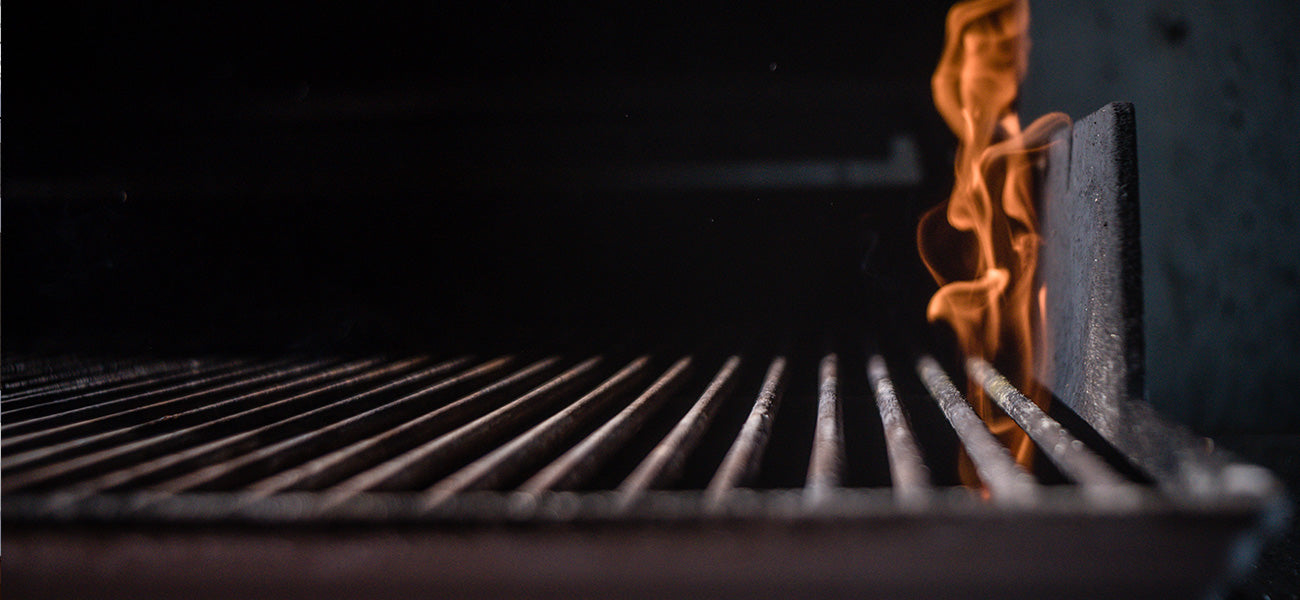Propane is a safe fuel, and provides a warm cozy environment. Did you know that propane furnaces typically warm air to around 140 degrees, compared to around 98 degrees on electric models? That's why homes heated with propane feel so cozy in the winter.
But propane does need to be handled safely. Everyone in your home should know what to do if they suspect a leak. Your whole family should know the smell of propane, and you should always call to report if you smell gas. We have certified professionals who can check your propane system to ensure that you're safe.
Propane users should also be aware of the signs of carbon monoxide (CO) poisoning. All appliances that burn fossil fuels have some potential to produce, or fail to vent, excess CO.
Download our Propane Safety Brochure, and go over it with your whole family. Once you've covered all the necessary safety information with your household, you can just sit back and enjoy the warmth.
Download our Propane Safety Data Sheet Here.
DOWNLOAD CONSUMER SAFETY INFORMATION
- Important Propane Safety Information for You and Your Family (Spanish)
- Important Propane Safety Information for Users of Small Cylinders
- Important Information About Propane Safety and Earthquakes
- Important Information About Propane Safety and Extreme Heat
- Important Information About Propane Safety and Floods
- Important Information About Propane Safety and Hurricanes
- Important Information About Propane Safety and Power Outages
- Important Information About Propane Safety and Thunderstorms
- Important Information About Propane Safety and Tornadoes
- Important Information About Propane Safety and Wildfires
- Important Information About Propane Safety and Winter Storms
SAFETY HIGHLIGHTS
IF YOU SMELL GAS
- NO FLAMES OR SPARKS! Immediately put out all smoking material and other open flames. Do not operate lights, appliances, telephones, or cell phones. Flames or sparks from these sources can trigger an explosion or a fire.
- LEAVE THE AREA IMMEDIATELY! Get everyone out of the building or area where you suspect gas is leaking.
- SHUT OFF THE GAS. Turn off the main gas supply valve on your propane tank if it is safe to do so. To close the valve, turn it to the right (clockwise).
- REPORT THE LEAK. From a neighbor's home or other nearby building away from the gas leak, call your propane retailer right away. If you can't reach your propane retailer, call 911 or your local fire department.
- DO NOT RETURN TO THE BUILDING OR AREA until your propane retailer determines that it is safe to do so.
- GET YOUR SYSTEM CHECKED. Before you attempt to use any of your propane appliances, your propane retailer or a qualified service technician must check your entire system to ensure that it is leak-free.
CAN YOU SMELL IT?
- Propane smells like rotten eggs, a skunk's spray, or a dead animal. Some people may have difficulty smelling propane due to their age (older people may have a less sensitive sense of smell); a medical condition; or the effects of medications, alcohol, tobacco, or drugs. Consider purchasing a propane gas detector as an additional measure of security.
- Odor Fade is an unintended reduction in the concentration of the odor of propane, making it more difficult to smell. Although rare, several situations can cause odor fade:
- Since there is a possibility of odor fade or problems with your sense of smell, you should respond immediately to even a faint odor of gas.
PROPANE GAS DETECTORS
- Propane gas detectors sound an alarm if they sense propane in the air. They can provide an additional measure of security in homes with little-used appliances or with occupants who have difficulty smelling propane.
- Guidelines regarding propane gas detectors:
SAFETY TOPICS
I WOULD LIKE TO LOCK MY TANK DOME (COVER). IS THERE A PROBLEM WITH DOING THIS?
Tank dome covers should never be locked because the emergency shut-off valve used to shut off the entire system during an emergency is located under the dome cover. Dome covers are designed just to protect various valves and fittings from the weather.
HOW DO I MAINTAIN MY CUSTOMER OWNED PROPANE TANK AND SYSTEM?
- Proper Tank and Regulator maintenance is required by law.
- Underground tanks require periodic Cathodic Protection Testing.
Maintenance requirements for underground propane tanks are recommended to only be performed by trained installation and service technicians. Please select Get Energy Services to receive more information related to underground installation and maintenance services. - I own my own tank, and I want to paint it. What color can I use?
Tank colors vary from state to state, but in general you should pick a light, reflective color. Do NOT pick a dark color. Dark colors retain heat. Heat can cause excess pressure to build in the tank, causing the relief valve to discharge. Also, be sure that you do not paint tank valves, caps, regulators, or data plates.

